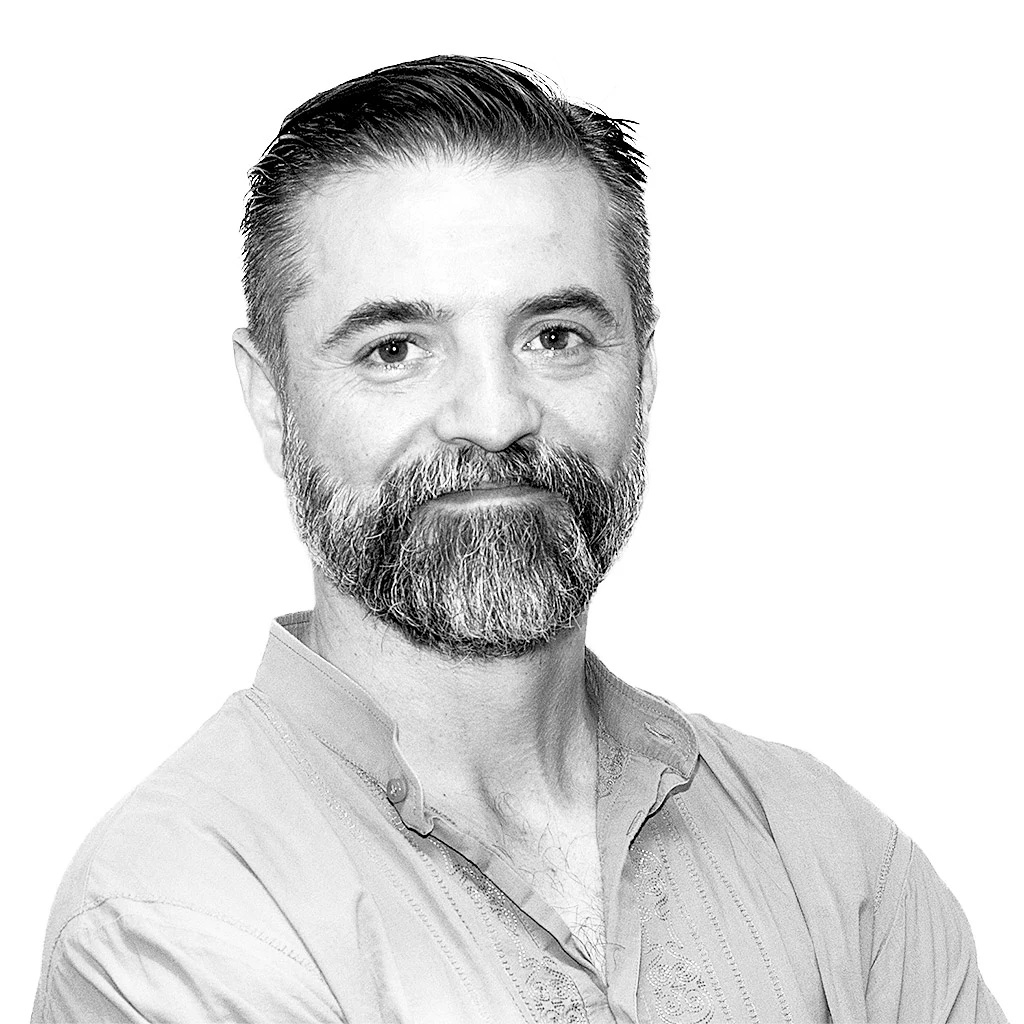The major gathering of 47 European leaders in Copenhagen came to a close on Thursday. The focus of discussion at the summit was on security, with an emphasis on the war in Ukraine and Russia and NATO's ability to respond to possible threats.
20:02 / 02.10.2025.
Author: Domagoj Ferenčić
European leaders discuss security and NATO preparedness in Copenhagen

Author:
Domagoj Ferenčić
Published:
October 02, 2025, 20:02
Speaking to reporters about NATO’s preparedness and ability to respond to security challenges, NATO Secretary General Mark Rutte emphasized that the alliance was committed to creating a comprehensive and effective military force to answer all challenges: "Look at the NATO summit in The Hague, we committed to the staggering five percent of defense spending. Look what happened with the airspace incursions in Poland and Estonia. We reacted as NATO, and also Poland and Estonia, as allies and exactly as we and they are supposed to do, which is to take out the threat, assess whether the threat was at a certain level that more had to be done, or that we could escort, in the case of Estonia, the airplanes out of Estonian airspace. So this is exactly what we trained and prepared to do. The Russians know this."
However, not everyone agrees that Russia poses a threat to Europe. Leading the charge for more dialogue and less sabre rattling with Moscow is Hungarian Prime Minister Viktor Orban. In a somewhat tongue-in-cheek tone Orban noted that Europe has more pressing problems internally: "The real danger, economic stagnation and losing competitiveness. This is the danger. Not Russia. We are stronger than Russia. Make some comparisons and base your opinions on the facts. We have more than four hundred million people. Russia is one hundred and thirty something. Look at the European GDP. Altogether, all 27 member states spend more on military spending than the Russians. So why are we afraid? We are stronger than they are."
Also discussed was Ukraine's possible membership of the European Union, which some European leaders oppose, including Hungary's Orban who was asked by reporters why Budapest opposes bringing Ukraine into the bloc: "We have a better idea, a strategic partnership with Ukraine. Because membership would mean that the war is coming into the European Union. The European Union money is going to Ukraine, which we don't like. So, membership is too much. A strategic agreement, with a fair deal, even consisting of economic issues, energy issues, trade issues, security, that's fine."
Source: HRT
Vijesti HRT-a pratite na svojim pametnim telefonima i tabletima putem aplikacija za iOS i Android. Pratite nas i na društvenim mrežama Facebook, Twitter, Instagram, TikTok i YouTube!

Autorska prava - HRT © Hrvatska radiotelevizija.
Sva prava pridržana.
hrt.hr nije odgovoran za sadržaje eksternih izvora
